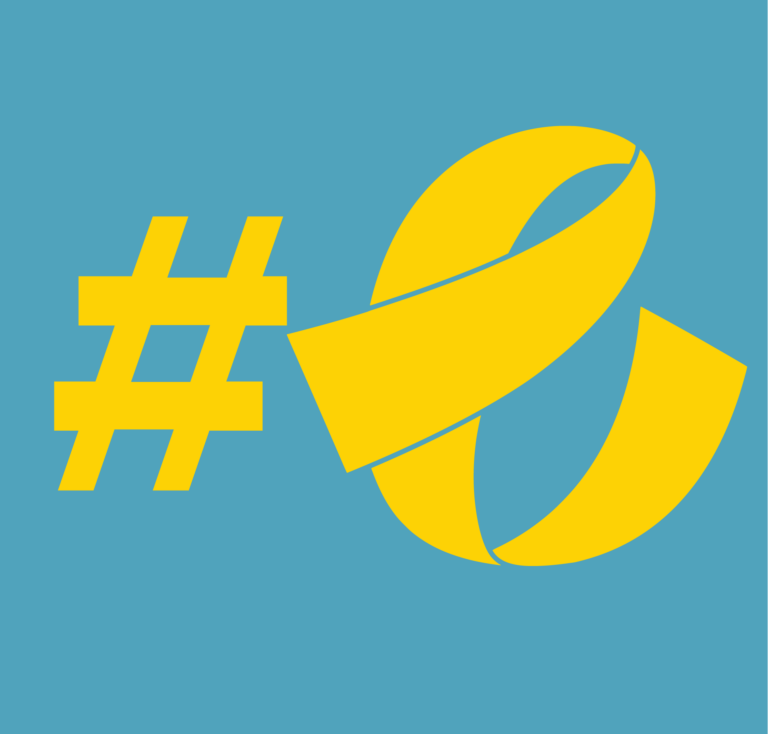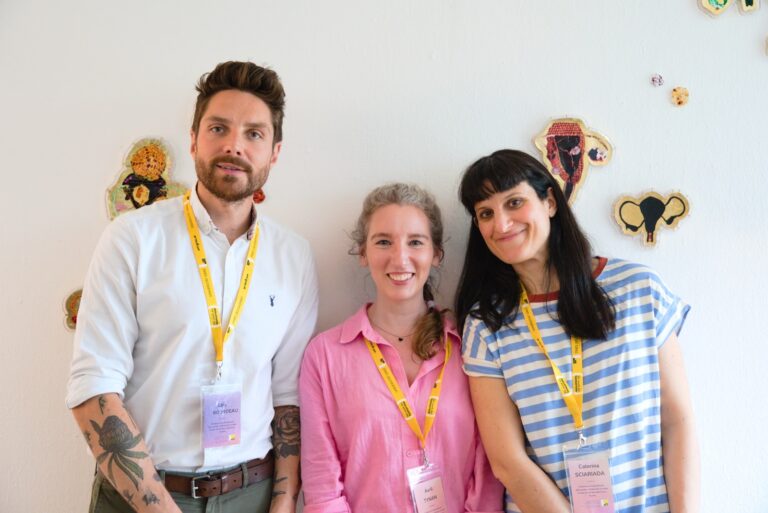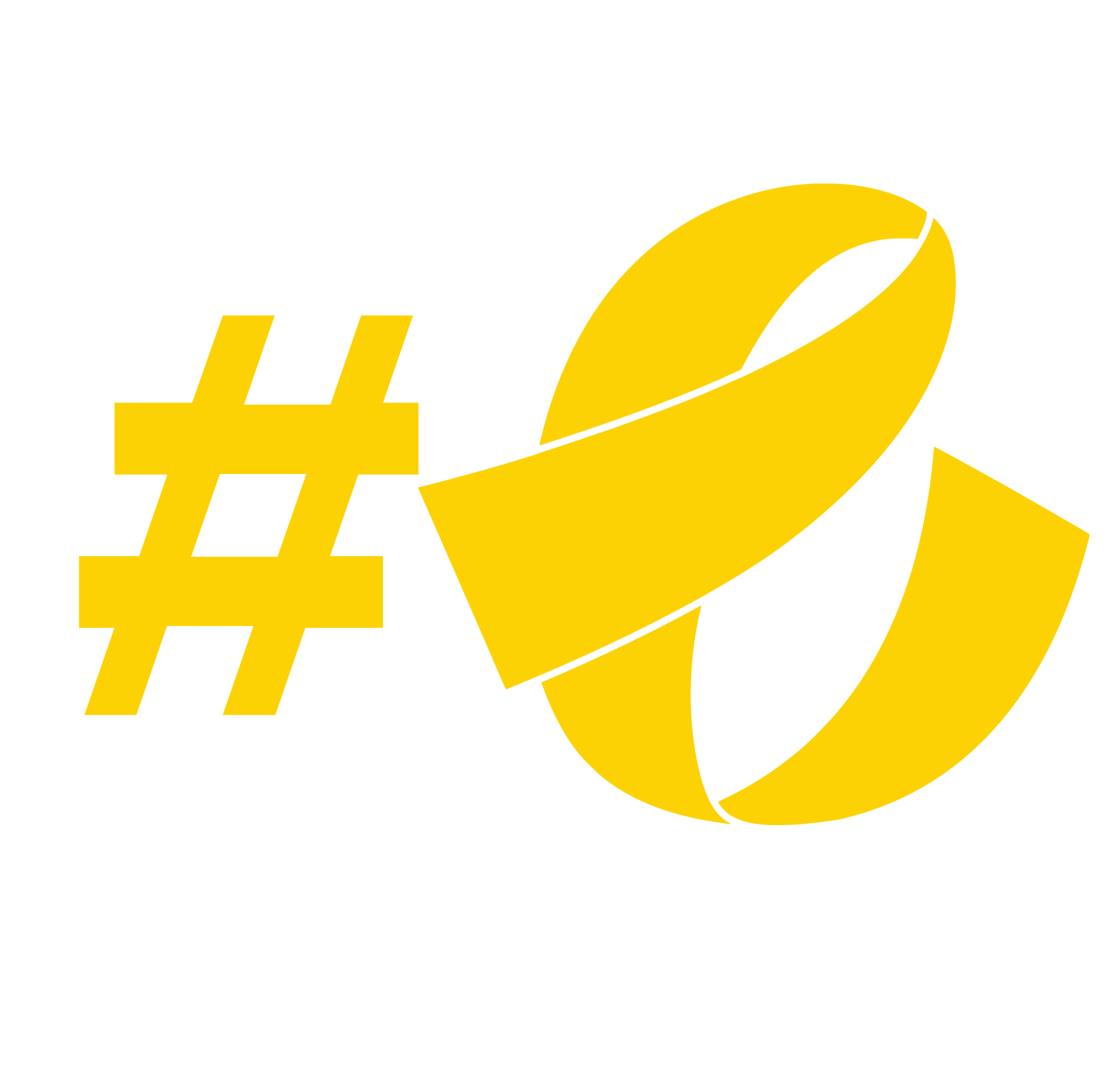The #ENDOs Project
Starts Collecting Stories About The Everyday Life Of Endometriosis Sufferers
The author Avril Tynan is a researcher at the Academy of Finland’s Department of Literature and Creative Writing. She works as a partner of the #ENDOS project.
Starting in September, the EU-funded #ENDOs project, in which the University of Turku is a partner, will launch an online platform for narrative medicine. The purpose is to collect the stories of endometriosis sufferers and improve women’s health care.
#ENDOs is an Erasmus-funded three-year project that uses narrative methods to improve the interaction between endometriosis patients and healthcare professionals.

The goal of the #ENDOs project formed by nine European partners is to develop both patients’ and healthcare professionals’ understanding of endometriosis and endometriosis treatment. The project plan has three levels. The partners design, produce and develop an AI-powered application that simplifies clinical language for patients. The project’s artists and cultural actors strive to promote general endometriosis information through visual, verbal and performance art, and the opening performance, Breaking this Silence, promotes the cause in Europe. The goal of the project is also to promote the methods developed by narrative medicine for health professionals and nurses. The goal of the project can be summed up as an effort to help people with chronic gynecological diseases and increase understanding and knowledge about endometriosis.
The project leader is the Le LABA organization, which operates in the field of tourism, sports and culture and aims to promote cooperation between EU countries. The project involves eight European partners
Vulgaroo , France; L’Agence Créative , France; Momentum , Ireland; , Finland; Stockholms Kvinnohistoriska , Sweden; Università Degli Studi Di Palermo , Italy; National University of Ireland Maynooth , Ireland and Digital Narrative Medicine , Italy.
Endometriosis is the most common gynecological disease, and it affects up to 200,000 Finns and 14 million people in Europe.
In endometriosis, endometrial-like tissue grows outside the uterus, and the symptom is usually chronic pain, which usually occurs from the teenage years as menstrual pain. Endometriosis also causes infertility problems, and chronic pain can reduce quality of life in many ways. Although endometriosis is a gynecological disorder, it can also affect men and children and organs other than the uterus. Today, it is treated with painkillers and surgery, but the slowness of getting a diagnosis delays getting to surgery, and often a person needs several surgeries during his life. It takes an average of 7-9 years from the onset of pain to get a diagnosis.
At the end of January, the opening ceremony and planning meetings of the EU-funded #ENDOs project were held in Bordeaux, France. Project managers and partners from all over Europe gathered in Bordeaux, where the goal of the work groups was to implement the work plans for the next months. Avril Tynan was there to represent the University of Turku.
The opening of #ENDOS was also celebrated in an art exhibition called Breaking This Silence . The exhibition highlighted the current situation of endometriosis from the perspective of patients, for whom shame, women’s status and misunderstanding prevent access to social and medical support. The works in the show deal with women’s relationship with their bodies and the impact of the story on the experiences of people with endometriosis. About 60 people were there to celebrate the opening of the exhibition. There were doctors, nurses, researchers and students, managers working in the creative field, artists and people working in the technology industry. Most of them work in the city of Bordeaux, but the project aims to influence people all over Europe.
In May, researchers from the #ENDOs project from the University of Turku, Maynooth University (Ireland) and DNM (Italy) visited the city of Graz in Austria, where they investigated the healthcare wishes and needs of endometriosis sufferers. In narrative medicine, the patient is encountered as a whole person, and listening to patients is emphasized as an important way of understanding illness and pain and helping them. The researchers of the #ENDOs project wanted to design and build an online platform together with endometriosis sufferers from the beginning.

CIRAC .
The researchers presented the starting points and goals of the project at the Endometriosis (R)Evolution: Making the Invisible Visible conference , where the #ENDOs workshop “Telling the Story: Collecting the Voices of People with Endometriosis” was held. The researchers asked, for example, what patients want to know about their own illness and what they want others to know about it. Answers were collected in the interactive workshop, according to which the online platform will be built.
In September, the #ENDOs online platform will be launched and participants will be sought in France, Ireland and Italy. If you are interested, please contact Avril Tynan and read more about the #ENDOS narrative online platform here .
Read more:
-
- From the patient organization Korento ry
-
- More information about the Erasmus+ program
A project funded by the European Union. Neither the European Union nor the European Education and Culture Executive Agency (EACEA) is responsible for the content of the publication. | The project is co-funded by the Erasmus+ Education and Training Programme.

